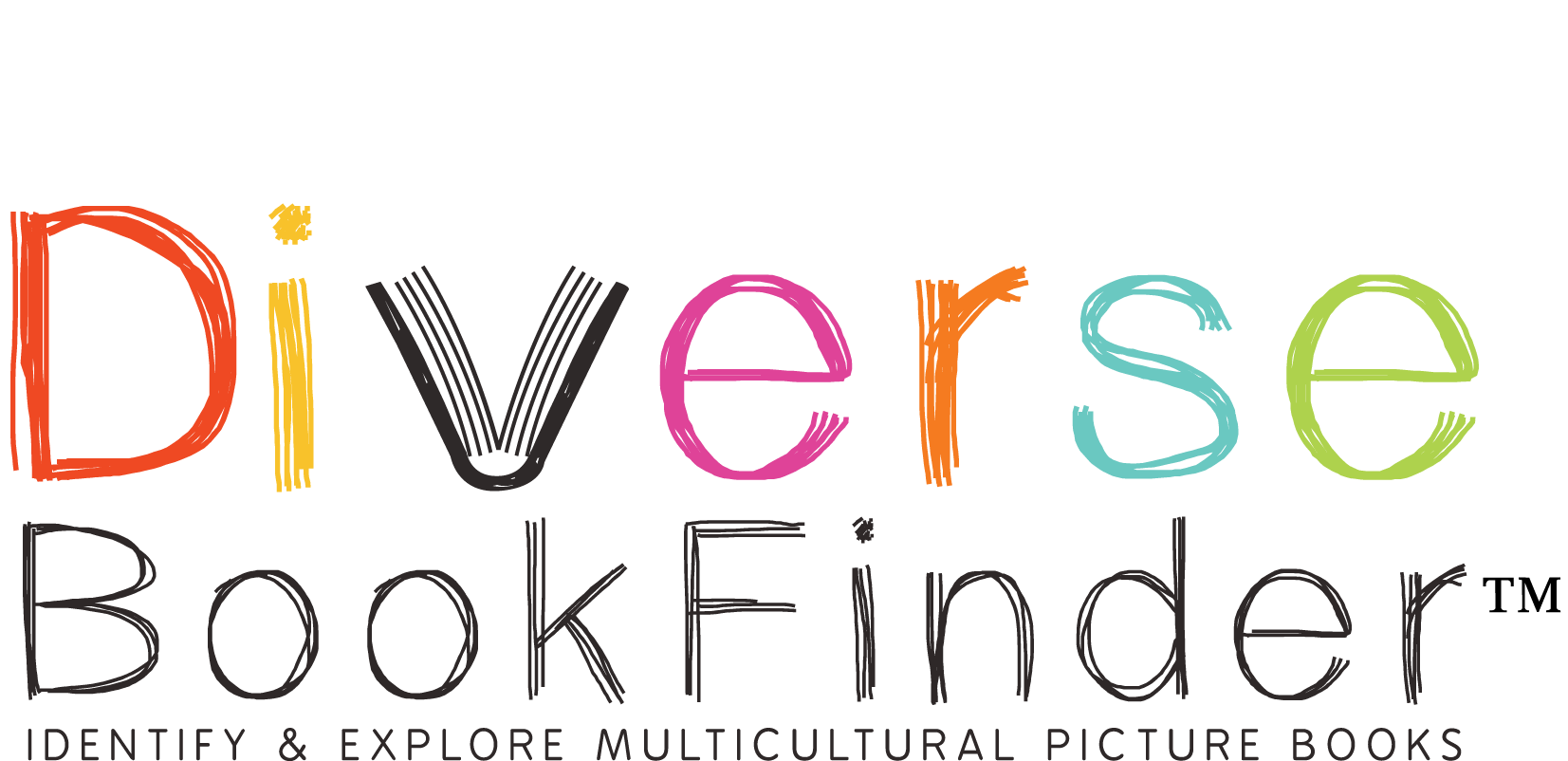
Our collection of picture books featuring Black and Indigenous people and People of Color (BIPOC) is available to the public. *Inclusion of a title in the collection DOES NOT EQUAL a recommendation.* Click here for more on book evaluation.
Find titles using a keyword search below (e.g. adoption, birthday, holidays, etc.), or by selecting one or a combination of filters on the lefthand sidebar below.
First time here? Start here!
19 matching books
Show Filters- 1
- 2

The Secret of Your Name
"Bestselling and award winning Métis poet David Bouchard's heartfelt story is illustrated by Canada's most prominent Métis artist Dennis Weber." -- publisher Canada's Métis are the only mixed blood people in the world recognized by every level of government as being a Nation. The Métis have their own language, flag, songs and stories. They have exciting traditions and a proud history. Sadly, their journey was one of hardships, denial and often lies. In The Secret of Your Name, these men open their hearts to all those who care to know what it means when it is said that we are Proud to be Métis! This spectacular book will appeal to any and all who have an interest in aboriginal people. It will call out to art collectors, musicians and all who have ever pondered their own past." -- publisher

Song in a Rainstorm: The Story of Musical Prodigy Thomas “Blind Tom” Wiggins
Born blind into a life of slavery in Georgia, Thomas Wiggins was dismissed as a "useless burden." But through the loving protection of his family, he went on to become one of the greatest musicians of his time --

I’m Finding My Talk
"A response to Rita Joe's iconic poem "I Lost My Talk," and published simultaneously with the new children's book edition illustrated by Pauline Young, comes a companion picture book by award-winning spoken-word artist and Mi'kmaw activist Rebecca Thomas. A second-generation residential school survivor, Thomas writes this response poem openly and honestly, reflecting on the process of working through the destructive effects of colonialism. From sewing regalia to dancing at powow to learning traditional language, I'm Finding My Talk is about rediscovering her community, and finding culture. Features stunning, vibrant illustrations by Mi'kmaw artist Pauline Young." -- publisher

The Train
"Ashley meets her great-uncle by the old train tracks near their community in Nova Scotia. When she sees his sadness, he tells her of the day when he and the other children were taken to residential school, their lives changed forever. Uncle also explains how Ashley gives him hope. She promises to wait with him in remembrance of what was lost. Ashley meets her great-uncle by the old train tracks near their community in Nova Scotia. Ashley sees his sadness, and Uncle tells her of the day years ago when he and the other children from their community were told to board the train before being taken to residential school where their lives were changed forever. They weren't allowed to speak Mi'gmaq and were punished if they did. There was no one to give them love and hugs and comfort. Uncle also tells Ashley how happy she and her sister make him. They are what give him hope. Ashley promises to wait with her uncle by the train tracks, in remembrance of what was lost." -- publisher

Ghost’s journey
"When life in Indonesia becomes too dangerous for LGBTQ people, Ghost and her two dads are forced to leave their home and escape to freedom in Canada. Ghost’s Journey was inspired by the story of two gay refugees, Rainer and Eka, and their cat Ghost, with illustrations created from their photographs." -- publisher

Friend on the Freedom River
"On a cold December night, Louis must decide whether to brave the treacherous Detroit River to take a slave family to freedom." -- publisher

A Girl Called Genghis Khan
"Meet Maria Toorpakai Wazir, a Pakistani girl who loved sports and longed for the freedom that boys in her culture enjoyed. She joined a squash club to pursue her dream, and was taunted, teased, and beaten—but still continued playing. Then, when Maria received an award from the President of Pakistan for outstanding achievement, the Taliban threatened her squash club, her family, and her life. Although forced to quit the team, she refused to give up. Maria kept practicing the game in her bedroom every day for three years! Her hard work and perseverance in the face of overwhelming obstacles will inspire all children." -- publisher

When we were alone
When a young girl helps tend to her grandmother's garden, she begins to notice things that make her curious. Why does her grandmother have long, braided hair and beautifully colored clothing? Why does she speak another language and spend so much time with her family? As she asks her grandmother about these things, she is told about life in a residential school a long time ago, where all of these things were taken away. When We Were Alone is a story about a difficult time in history, and, ultimately, one of empowerment and strength. |cProvided by publisher

I am Harriet Tubman
"A biography of Harriet Tubman, the abolitionist leader who played a key role in helping enslaved people escape via the Underground Railroad"--Provided by publisher

The United States v. Jackie Robinson
Tells the true story of Jackie Robinson's battle against prejudice while serving in the military during World War II, covering his court-martial for refusing to move to the back of an integrated bus.
- 1
- 2
